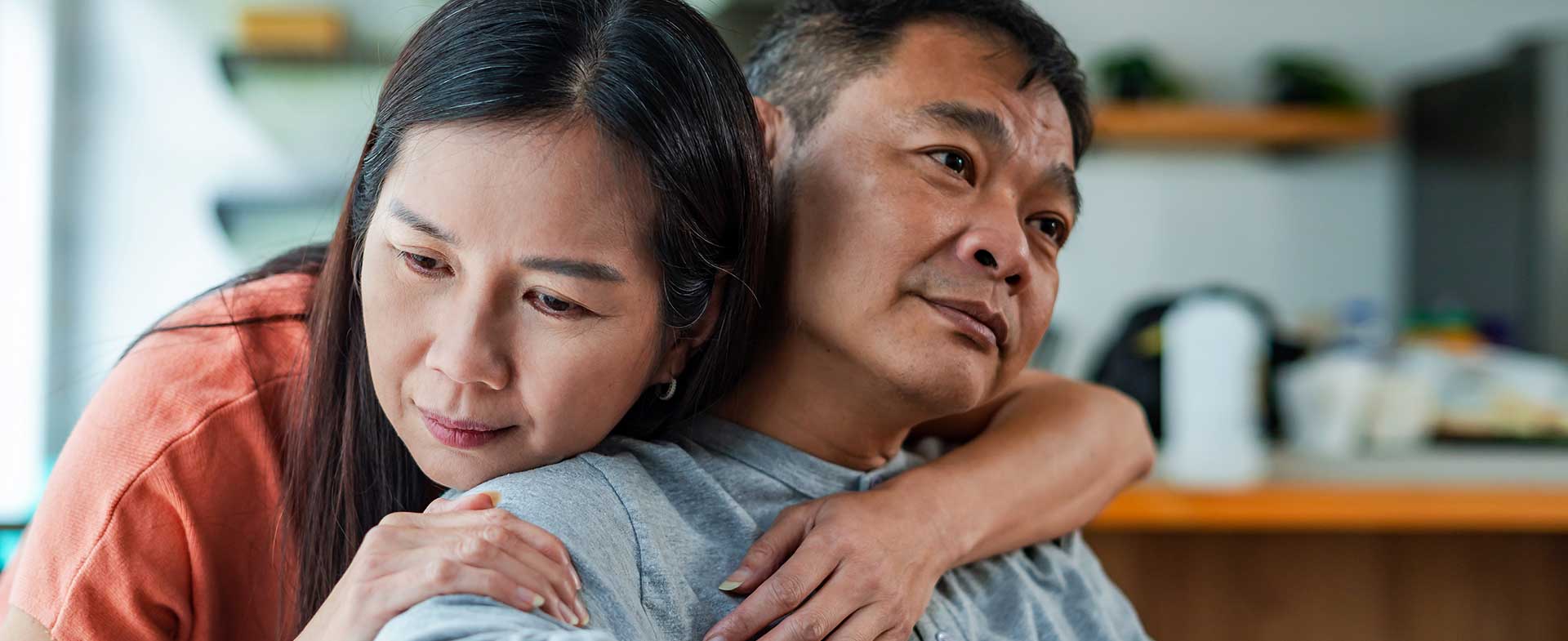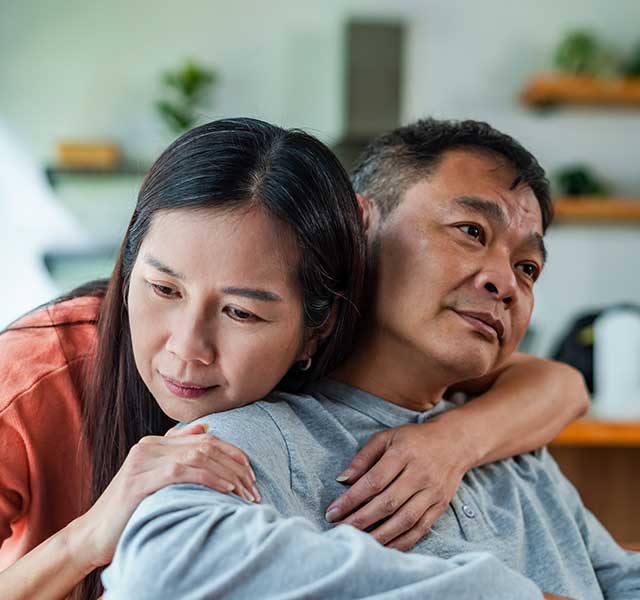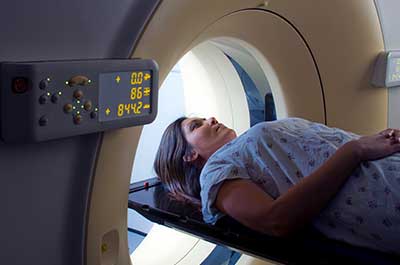From an initial diagnosis to treatments, recovery and beyond, cancer can be an anxiety-filled journey from start to finish. For many, the weight of fear doesn’t always easily go away once a clean bill of health is received.
“Once someone is cancer free, the anxiety and fear doesn’t typically just stop,” says Michael Ryan, Psy.D., a psychologist at Henry Ford Health who works with cancer patients and their loved ones. “Sometimes it transitions from concerns about making it through each day to reach a cancer-free state, to worrying about how to resume normal life routines while staying cancer free.”
Here, Dr. Ryan delves into how people can overcome this anxiety and what family and friends can do to help their loved ones.
What do people get anxious about after becoming cancer free?
“The most common concern is fear of recurrence,” Dr. Ryan explains. “Many cancer survivors fear the uncertainty and challenging journey of cancer treatment again.”
Others fear the reintroduction of pre-cancer activities and responsibilities. Whether it be returning to work, engaging in social activities or reconnecting intimately with a partner, “what was previously normal can unexpectedly become anxiety-inducing,” she says.
Family dynamics may also shift once a family member is diagnosed with cancer, and it can be a difficult transition back to the new normal.
“For example, a son or daughter might take on more responsibility when a parent is diagnosed,” Dr. Ryan says. “For that parent, regaining a sense of normalcy and control over once-filled roles can be filled with apprehension.”
It’s also not uncommon for cancer survivors to struggle with self-consciousness about physical changes resulting from cancer or cancer treatment, adding another layer of stress and anxiety.
What does this anxiety look like?
Some people may begin avoiding things that remind them of their cancer and treatment. This can lead to missing important healthcare appointments, including surveillance scans and even preventative tests.

Cancer Support Services
Alternately, others may become hyper focused on every health concern. "Some people worry that every little ache and pain popping up means the cancer is back,” says Dr. Ryan.
How can people overcome this anxiety?
There are lots of ways to manage anxious feelings:
- Get educated and stay informed. Keep appointments and stay up to date on all your health care needs. “People who are informed have the power of knowledge,” Dr. Ryan says. “They know what signs and symptoms to look out for, when to seek medical guidance and have peace of mind they are still healthy and cancer free.”
- Embrace healthy behaviors. Eating a balanced diet, exercising, keeping healthcare appointments, and being active and social are all excellent ways to not only maintain your health, but get your mind off the cancer and resume a sense of normalcy.
- Talk it out. It’s also helpful to talk with someone, whether that’s a doctor, a family member or friend, professional therapist, or anyone else you trust. Expressing your fears out loud and talking through them with someone else can help you get to the source of the anxiety and initiate steps to improve it.
As a family member, friend or former caregiver, encouraging healthy behaviors, providing a calming presence, and actively listening during anxious moments can help a cancer survivor find a better sense of peace and well-being.
Reviewed by Michael Ryan, Psy.D., clinical director of supportive oncology services at Henry Ford Health.



